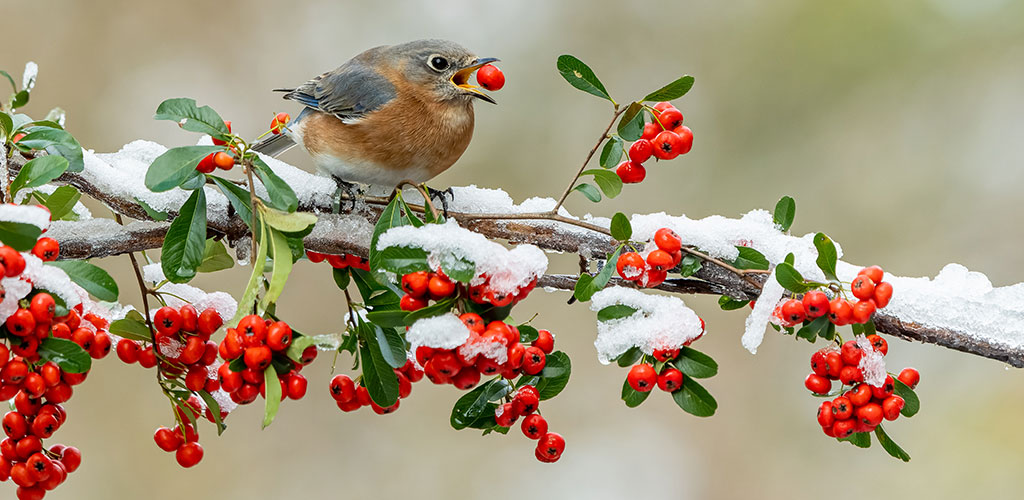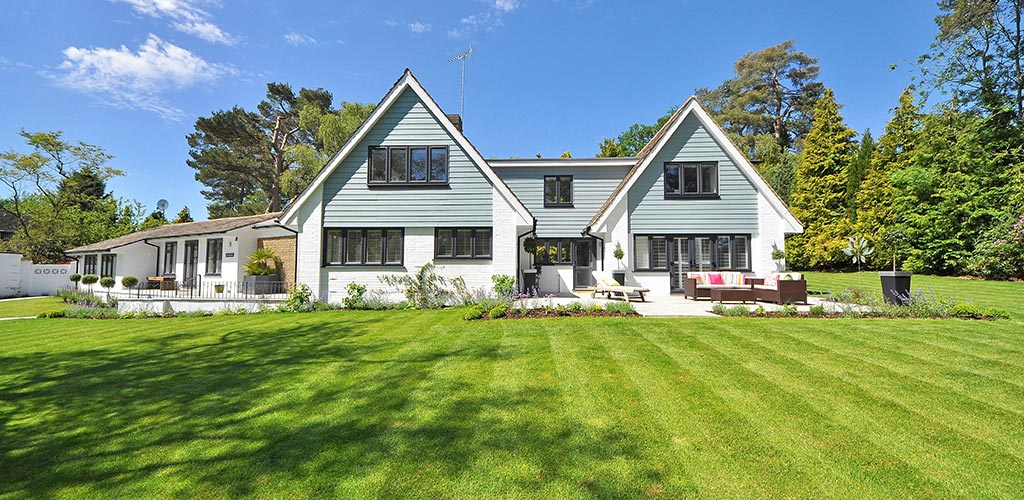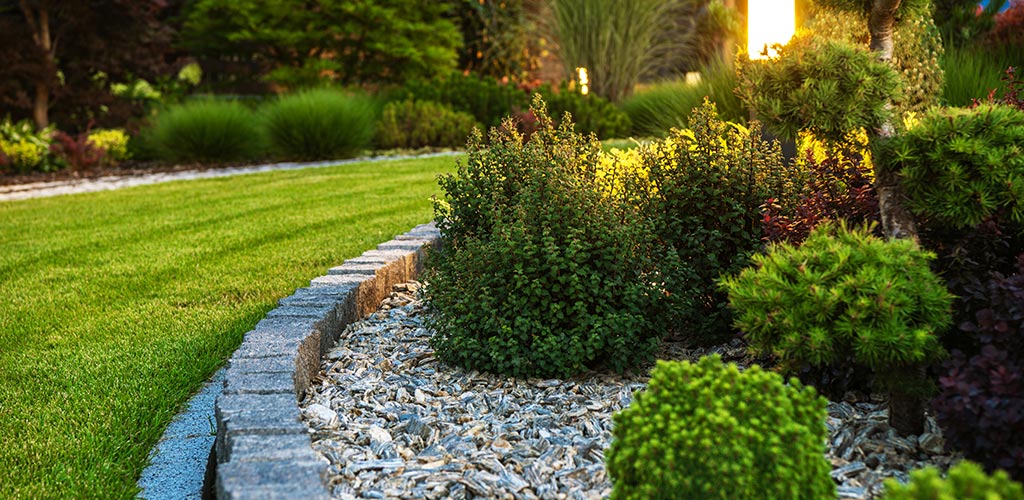Whether you’re a seasoned gardener or just starting out, choosing the right plants is key to maintaining a stunning and resilient landscape in our beautiful state. Alabama’s diverse climate and rich biodiversity offer a wealth of native cold-hardy plants, trees, and shrubs that can thrive year-round with minimal maintenance. Let’s explore some of the top cold-hardy native plants for Alabama, providing you with the perfect options to keep your outdoor spaces vibrant and healthy throughout the seasons.
Understanding Alabama’s Climate
Alabama is known for its mild winters and long growing seasons, but our state also experiences varying temperatures across different regions—from the coastal areas of Mobile to the northern hills of Huntsville. This diversity makes it essential to select plants that are not only native but also cold-hardy, ensuring your garden remains lush and colorful even during cooler months. Native cold-hardy plants are adapted to our local climate, making them easier to care for and more resilient against temperature fluctuations.
Top Cold-Hardy Native Shrubs for Alabama Gardens
1. Southern Wax Myrtle (Morella cerifera)
Southern Wax Myrtle is a versatile evergreen shrub native to Alabama, known for its aromatic foliage and ability to attract wildlife.
- Benefits: Provides year-round greenery and serves as an excellent backdrop for various garden designs. Its berries attract birds, adding life and movement to your garden.
- Care Tips: Plant in well-drained soil with full to partial shade. Regular pruning helps maintain its shape and encourages dense growth.
2. Redbud (Cercis canadensis var. texensis)
Redbud is a stunning deciduous shrub that showcases vibrant spring blooms and maintains its beauty through the cooler months.
- Benefits: Offers beautiful pink flowers in spring and attractive heart-shaped leaves that add texture to your landscape. Its sturdy branches can support light garden ornaments without damage.
- Care Tips: Prefers moist, well-drained soil and full sun to partial shade. Prune after blooming to shape the shrub and remove any damaged branches.
3. American Holly (Ilex opaca)
American Holly is a classic evergreen shrub that brings traditional charm with its glossy leaves and bright red berries.
- Benefits: Provides a perfect natural frame for garden paths and other plantings. The berries add a festive touch and attract birds.
- Care Tips: Plant in well-drained soil with partial to full sun. Regular pruning helps maintain its shape and removes any dead or damaged branches.
Resilient Native Perennials and Flowers
1. Purple Coneflower (Echinacea purpurea)
Purple Coneflower is a hardy perennial that blooms beautifully, adding vibrant color to your garden beds.
- Benefits: Adds striking purple hues that complement other plants and attract pollinators like bees and butterflies, enhancing your garden’s ecosystem.
- Care Tips: Ensure full sun and well-drained soil. Cut back spent blooms to encourage new growth and maintain a tidy appearance.
2. Black-eyed Susan (Rudbeckia hirta)
Black-eyed Susan is a cheerful, drought-tolerant flower that thrives in Alabama’s climate, bringing bright yellow blooms to your landscape.
- Benefits: Provides long-lasting color that pairs well with other native plants.
- Care Tips: Plant in full sun and well-drained soil. Deadhead regularly to prolong the blooming season and prevent self-seeding.
3. Joe Pye Weed (Eutrochium purpureum)
Joe Pye Weed is a tall, robust perennial native to Alabama, known for its large, fluffy pink flowers that add height and texture to your garden.
- Benefits: Creates a dramatic backdrop for other plants and adds multi-season interest. Attracts butterflies and beneficial insects, enhancing the beauty of your garden.
- Care Tips: Prefers moist, well-drained soil and full sun to partial shade. Cut back in late fall to prepare for winter dormancy.
Hardy Native Groundcovers and Vines
1. Carolina Jessamine (Gelsemium sempervirens)
Carolina Jessamine is a fragrant, evergreen vine that blooms bright yellow flowers, adding a touch of elegance to your landscape.
- Benefits: Perfect for covering fences and trellises, providing a lush green backdrop for other plants. Its fragrant blooms add sensory appeal to your garden.
- Care Tips: Plant in full sun to partial shade with well-drained soil. Regular pruning helps control growth and maintain desired coverage.
2. Wild Ginger (Asarum canadense)
Wild Ginger is a low-growing native groundcover that thrives in shaded areas, offering heart-shaped leaves and subtle blooms.
- Benefits: Ideal for creating a tidy, evergreen base for your garden beds. Its dense foliage helps suppress weeds, keeping your garden neat and clean.
- Care Tips: Prefers partial to full shade and well-drained, rich soil. Minimal maintenance required once established.
3. Trumpet Vine (Campsis radicans)
Trumpet Vine is a vigorous, native climber that produces large, trumpet-shaped flowers, adding vibrant color to your landscape.
- Benefits: Excellent for creating natural arches or trellises, providing vertical interest and a stunning focal point in your garden.
- Care Tips: Requires full sun and well-drained soil. Regular pruning is necessary to control its vigorous growth and prevent it from becoming invasive.
Cold-Hardy Native Trees for Long-Term Landscaping
1. Red Maple (Acer rubrum)
Red Maples are known for their stunning fall colors and adaptable growth, making them a favorite for Alabama gardens.
- Benefits: Provides ample shade and aesthetic appeal with vibrant foliage that changes color throughout the seasons.
- Care Tips: Prefers moist, well-drained soil and full sun to partial shade. Regular watering during dry periods helps maintain its health.
2. Dogwood (Cornus florida)
Dogwoods offer beautiful spring blooms and a sturdy structure, enhancing the beauty of any garden.
- Benefits: Gorgeous spring flowers and multi-season interest with berries in the fall. Attracts birds and beneficial insects, adding life to your garden.
- Care Tips: Thrives in partial shade and well-drained soil. Protect from strong winds by planting near structures.
3. Serviceberry (Amelanchier spp.)
Serviceberries produce early spring flowers and edible berries that attract wildlife, adding multi-season interest to your garden.
- Benefits: Attracts birds and beneficial insects, and offers beautiful spring blooms along with fall color and edible fruits.
- Care Tips: Plant in well-drained soil with full sun to partial shade. Regular watering, especially during establishment, ensures healthy growth.
Planting and Care Tips
Proper Planting Techniques
- Soil Preparation: Ensure your soil is well-drained and fertile. Amend with compost to improve soil structure and nutrient content, providing a healthy foundation for your native plants.
- Spacing: Provide adequate spacing between plants to allow for growth and air circulation, reducing the risk of disease and ensuring each plant has enough room to thrive.
Mulching and Protection
- Mulch Application: Apply a 2-3 inch layer of mulch around your plants to retain moisture and insulate roots against temperature fluctuations. Mulch also helps prevent weeds from growing, keeping your garden beds neat and tidy.
- Frost Protection: Use frost blankets or covers during extreme cold spells to protect sensitive plants from frostbite. This is especially important for younger plants or those not fully established.
Regular Maintenance
- Watering: Maintain consistent watering practices, especially during dry spells, to ensure plants are well-hydrated. Proper hydration helps plants withstand temperature extremes.
- Pruning: Remove dead or damaged branches to promote healthy growth and prevent the spread of disease. Regular pruning also enhances the overall appearance of your landscape.
- Fertilizing: Follow appropriate fertilization schedules to support plant resilience and growth during colder months. Use slow-release fertilizers to provide sustained nourishment without overfeeding.
Incorporating Alabama native cold-hardy plants into your garden is a smart way to maintain a vibrant and resilient landscape year-round. From evergreen shrubs like Southern Wax Myrtle and American Holly to stunning perennials like Purple Coneflower and Black-eyed Susan, there are plenty of native options to keep your garden beautiful and thriving.
Ready to transform your garden with resilient, beautiful native plants? Contact Steven’s Wack-n-Sack today for expert landscaping services tailored to Alabama’s unique climate. Let us help you create a stunning outdoor space that you and your neighbors will admire all year long!



